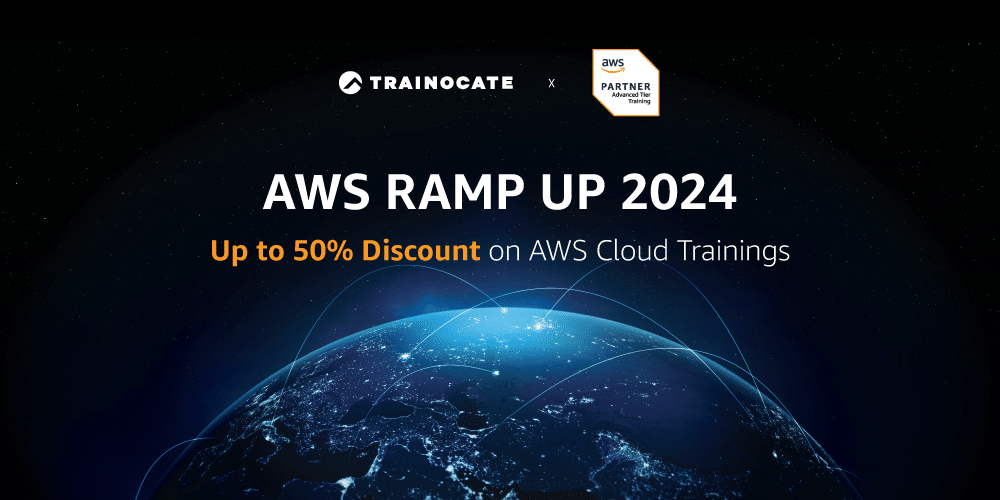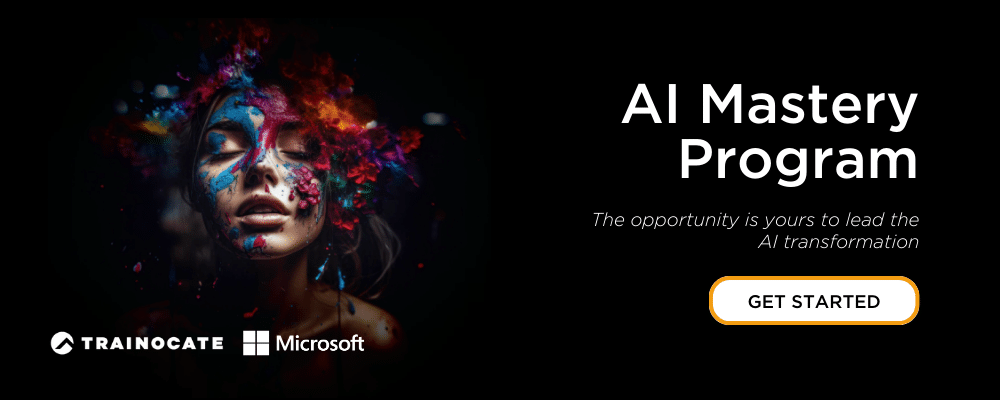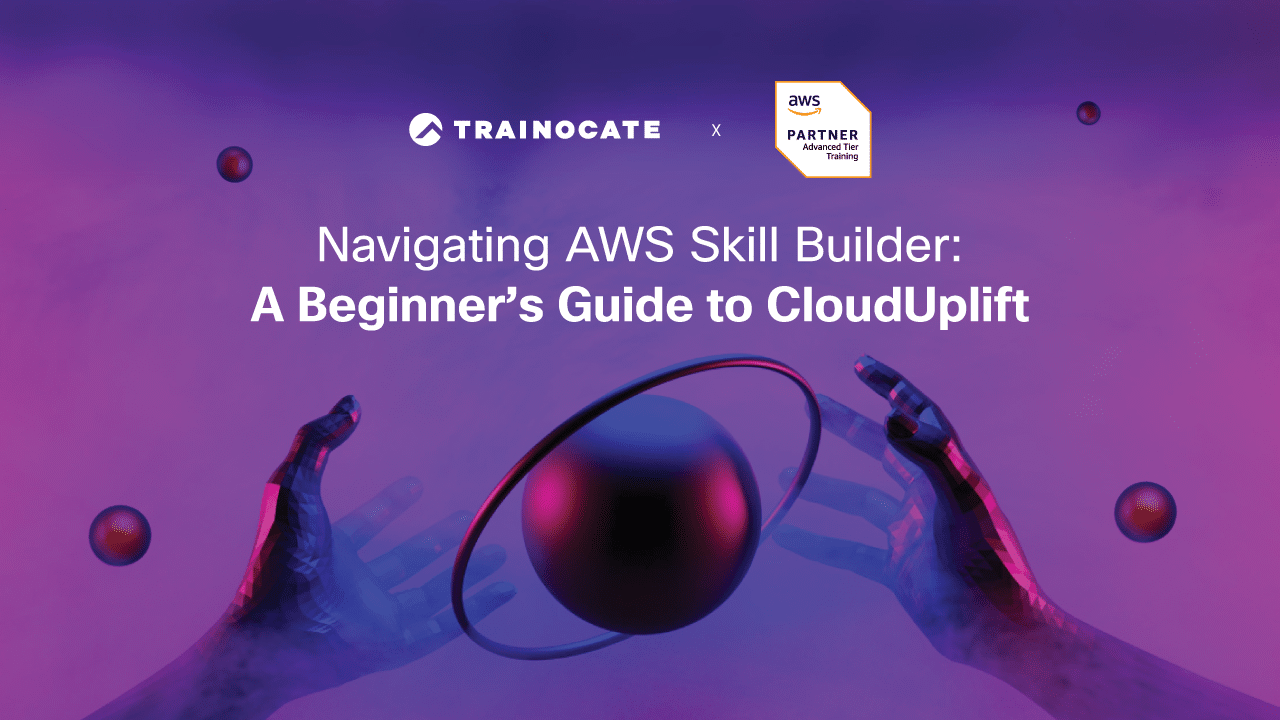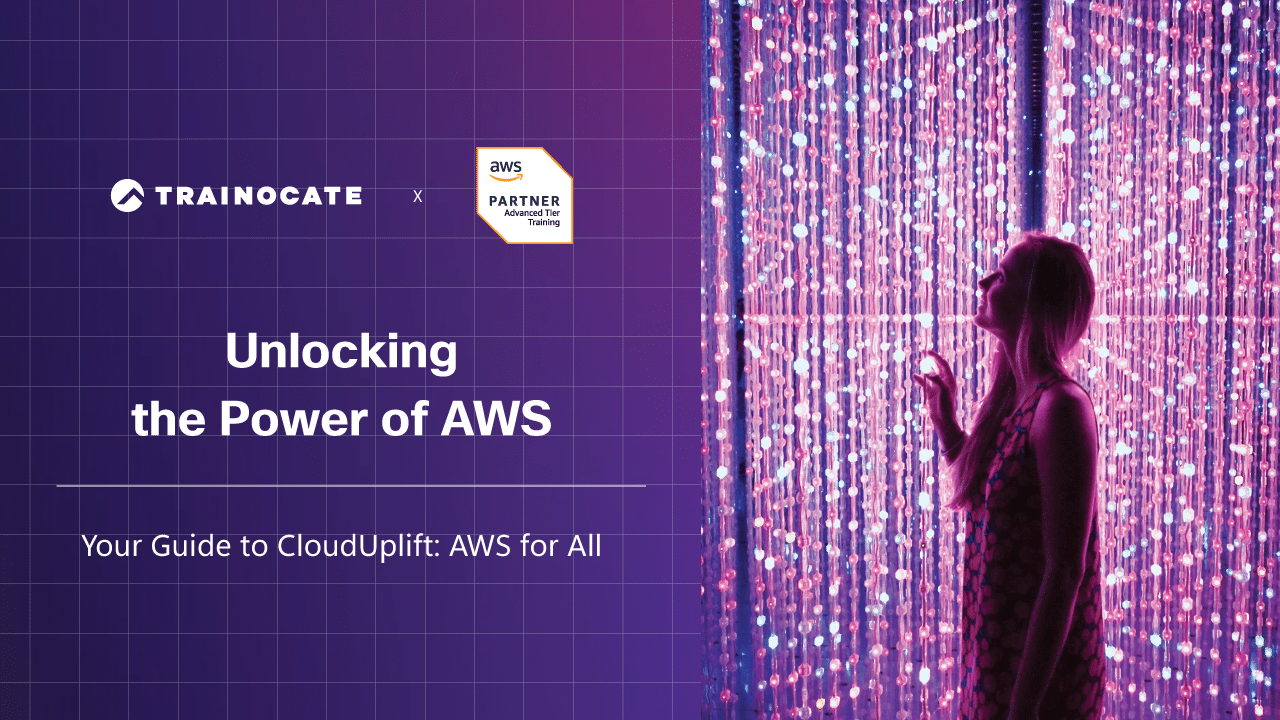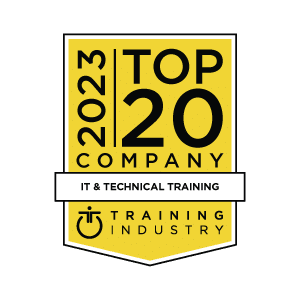Adopting Multicloud Strategies in Malaysia: A 2024 Roadmap
Adopting Multicloud Strategies in Malaysia: A 2024 Roadmap
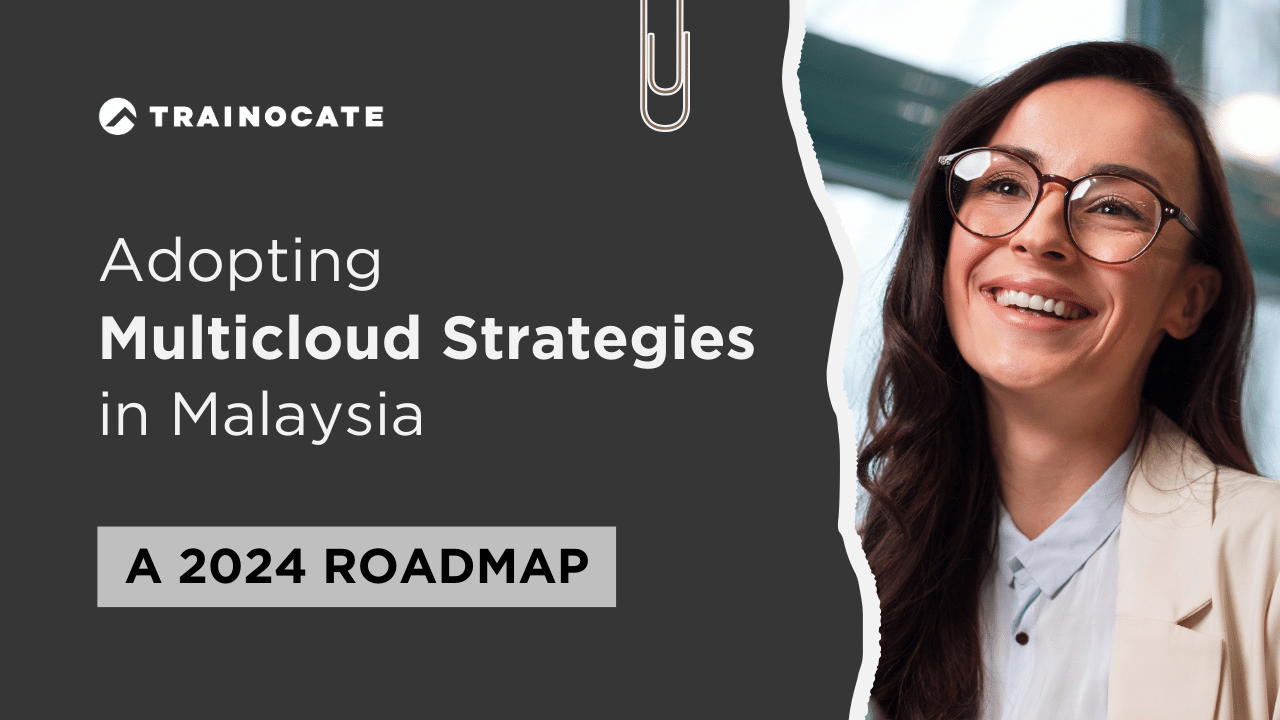
Let’s talk about Multicloud Strategies
Looking to implement multicloud strategies Malaysia? Cut through the noise with this focused guide. You’ll gain essential insights into creating a multicloud approach that addresses cost-efficiency, performance excellence, and seamless scalability. Understand the landscape with real-world Malaysian case studies, strategies to overcome interoperability, and ways to stay ahead of fast-evolving cloud trends. This article is your gateway to mastering multicloud strategies in the Malaysian digital terrain.
Navigating the Multicloud Maze in Malaysia
The journey of adopting multicloud strategies in Malaysia is a fascinating saga of resilience and innovation. Malaysian businesses, ranging from startups to established corporations, are increasingly embracing multicloud strategies to ensure operational resilience and facilitate smooth cloud-to-cloud communication. This trend involves the integration of major cloud providers such as Amazon Web Services (AWS), Microsoft Azure, and Google Cloud Platform.
The government, too, has been proactive in fostering this digital transformation, with recent approvals for the construction of new data centers by:
- AWS
- Azure
- Google Cloud
- Telekom Malaysia
These developments symbolize the nation’s commitment to creating a robust cloud infrastructure, thus laying a solid foundation for a digital future.

The State of Cloud Computing Services in Malaysia
As local enterprises embrace digitalization, cloud services in Malaysia are experiencing pronounced growth. This digital transformation is driving businesses to gain a competitive edge. Business executives are planning to invest in hybrid multi-cloud platform strategies to drive business transformation and unlock value.
Interestingly, Malaysian enterprises are using a mix of cloud deployment models. About 65% of cloud decision-makers use at least two models, such as hybrid and public clouds. Moreover, businesses are migrating to the public cloud for its scalability. An average of 48% of their total application portfolio has already migrated, with plans to increase this to 64% in the next two years.
> Market Trends and Predictions Beyond 2024
The cloud computing horizon in Malaysia is vibrant with evolving trends and predictions. Businesses are increasingly migrating and modernizing their core applications using cloud technologies to improve agility and innovation. The adoption of cloud-native technologies such as containers, serverless computing, and service mesh is on the rise, leading to the development of cloud native applications. Many Malaysian enterprises are implementing these within Platform as a Service (PaaS) environments.
Integration of DevOps practices has become essential for Malaysian cloud environments to accelerate application development cycles and enhance time to market. According to a projection, approximately 30% of enterprise cloud decision-makers in Malaysia rely on third-party service providers to manage various aspects of cloud operations. This suggests a significant market for cloud expertise and support.
Further, natural language models are projected to democratize the use of AI in Malaysia, facilitating its broader usability across both technical and non-technical user groups.
> Evaluating Top Cloud Providers: AWS, Azure, and Google Cloud
The critical decision-making process involves evaluating the strengths and relevance of top cloud providers in the Malaysian market. Major cloud platforms, including AWS, Azure, and Google Cloud, are considering establishing data centers in Malaysia. Alibaba Cloud already has a local presence. Due to the absence of major cloud providers’ regions in Malaysia, organizations are dependent on cloud services from regions in neighboring countries such as Indonesia and Singapore.
Choosing the right cloud providers for Malaysian businesses involves considering their unique strengths, with the evaluation based on aspects like cost, performance, and security. Therefore, the article emphasizes the specific relevance of AWS, Azure, and Google Cloud to the Malaysian market, taking into account their strengths and the business requirements of the local IT sector.

Multicloud Security and Compliance Challenges
It’s a complex challenge to manage security and compliance in multicloud environments. In multicloud environments, managing access control becomes more complex due to multiple user access systems. This complexity can complicate maintaining consistent policies across platforms. Misconfigured cloud configurations or architectures are prevalent challenges in multicloud environments, leading to potential security and privacy issues. Patch management in multicloud setups is logistically formidable, as it involves addressing platform-specific vulnerabilities and updating all instances accordingly.
The complex nature of multicloud environments, with dynamic infrastructures and services, adds difficulty to managing security and maintaining effective controls. Adopting a common governance model that encompasses risk management and compliance at an enterprise level is vital in multicloud scenarios. It’s also essential to understand the shared responsibility model in cloud security since it varies between providers, clarifying which security aspects are managed by whom.
> Implementing Best Practices for Cloud Security
To ensure the safety and integrity of data, implementing best practices for cloud security is crucial. Automating security processes, like the automatic scanning of new virtual machines for vulnerabilities, is essential for maintaining security across multicloud platforms. Consolidating logs and events into a unified security strategy with automated remediations enhances the response to potential security incidents.
Synchronized security policies across clouds, using automated tooling, ensure consistent security settings to mitigate risks. Using centralized management platforms can streamline security monitoring and management across various cloud services. Good cloud governance with consistent policies aids in applying security measures swiftly and effectively.
Regular scanning and review of user permissions are critical to ensure users have appropriate access that aligns with their roles.
> Ensuring Compliance Across Borders
For businesses operating in multicloud environments, ensuring compliance across borders is a significant challenge. One of the top multicloud security challenges is compliance, with businesses needing to navigate complex regulations that vary by region and industry. In sectors with stringent regulations like finance, healthcare, and government, failure to comply with multicloud compliance can result in severe penalties.
Organizations face challenges in maintaining consistent compliance across different cloud platforms due to varying compliance standards. Maintaining security and compliance consistently across multiple clouds is vital, with considerations for regionally specific compliance needs and data residency requirements.
Ensuring that each cloud provider meets specific regulatory requirements like the FCA guidelines or PCI DSS is crucial for companies using services from multiple clouds.

Cost Management and Optimization in Multicloud Deployments
Essential aspects of multicloud deployments include:
- Cost management and optimization
- Centralized tools in multicloud environments for monitoring expenses and optimizing resource utilization across different cloud providers
- Expertise in cost management and workload estimations to reduce unnecessary expenses by optimizing cloud resource usage
- Automation skills for efficient autoscaling and provisioning, leading to cost savings and optimized infrastructure management.
Cloud orchestration streamlines the automation of multiple tasks, ensuring a cohesive cost-management strategy across multicloud deployments. The use of serverless computing and Infrastructure as Code (IaC) strategies enhances resource management, further optimizing costs in multicloud infrastructures.
> Identifying Cost-Saving Opportunities
A key strategy to maximize the benefits of multicloud deployments is identifying cost-saving opportunities. Optimizing workloads to align with the specific strengths of different cloud platforms, like AI and machine learning on Google Cloud or security features on Azure, can lead to more efficient and cost-effective operations. Rightsizing and efficient resource allocation by assessing and adjusting provisioned cloud resources can result in notable cost reductions.
To optimize multicloud costs, businesses must:
- Regularly monitor and manage expenses for each provider and service they use
- Analyze spending details across all clouds to pinpoint high-cost areas and potential savings opportunities
- Minimize data transfer costs by optimizing how data is moved and distributed
- Employ the use of spot instances as an economical alternative to on-demand pricing, significantly cutting down cloud compute expenses.
> Tools for Financial Governance in the Cloud
Managing and optimizing cloud costs is facilitated by tools for financial governance in the cloud. Effective financial governance in multicloud environments is facilitated by tools that provide visibility into, and control over, cloud spending. Cost management tools like CloudZero, Apptio Cloudability, and Microsoft Azure Cost Management + Billing offer features for tracking costs, usage patterns, and correlating spending with business value.
Automated tools, alongside strategies like auto-scaling and load-balancing, play a pivotal role in optimizing resource usage and managing costs effectively. Tools like AWS CloudWatch allow for comprehensive performance monitoring, enabling businesses to measure the advantages of their multicloud deployment and make informed decisions for cost optimization.

Preparing for a Multicloud Future in Malaysia
Embracing change, innovation, and advancements in AI-driven solutions is required to prepare for a multicloud future in Malaysia. Understanding hybrid cloud models is essential for Malaysian businesses to determine the most suitable infrastructure arrangements for multicloud adoption.
A well-planned cloud strategy plays a pivotal role in enabling multicloud strategies for businesses to support a geographically dispersed workforce, gain access to AI and analytics tools, and ensure robust business continuity and disaster recovery.
> Embracing Change and Innovation
To prepare for a multicloud future, embracing change and innovation is crucial. The cloud computing market in Malaysia is geared to be significantly impacted by advancements in generative AI, encouraging industries to embrace AI-driven solutions for competitive advantage.
Digital native businesses in the Asia Pacific and Japan are projected to increase their technology investments, with a particular emphasis on generative AI and cloud platforms, indicating a trend towards these transformative technologies. Staying agile in the rapidly evolving cloud infrastructure landscape is key, necessitating businesses to keep abreast of changes and adapt their strategies accordingly.
> Building a Future-Proof IT Workforce
Supporting a multicloud future in Malaysia is a strategic move that involves:
- Building a future-proof IT workforce with relevant cloud certifications
- Equipping the workforce with the necessary skills, knowledge, and expertise to navigate the complexities of multicloud environments
- Meeting the demand for professionals skilled in generative AI and cloud platforms
As advancements in generative AI and cloud platforms continue, the demand for professionals skilled in these areas is likely to rise.
Therefore, continuous learning, upskilling, and certification in relevant technologies are crucial to ensuring the workforce is ready to meet the demands of the future.
Pathways to Professional Certification
Here are a list of professional certification that will help you immensely in your journey of multicloud implementations.
1. AWS Cloud Certifications
With up to 50% off on AWS Cloud trainings through our AWS Ramp Up 2024 campaign, now is the perfect time to equip yourself or your team with the skills needed to excel in cloud computing & multicloud strategies. Gain enhanced job performance, skill advancement, and a strong return on investment with AWS Training and Certification.
To learn more about this program, simply click on the banner below. And if you’re interested in finding out more about AWS certifications, check out our blog on AWS Training and Certifications in 2024. We’ve got all the information you need about AWS certifications.
2. Microsoft Azure Cloud Certifications
Are you seeking Microsoft Azure cloud certifications? Don’t overlook our AI Mastery Program. But wait – AI? I’m searching for cloud certifications, not AI programs! Hold on, let us clarify.
In Azure, AI relies on the Microsoft Cloud to provide the ideal setup for AI success. In this program, we highlight the importance of comprehending elements like security, infrastructure, data, and more, alongside AI. Hence, we offer a range of Azure cloud courses covered in this program, so be sure to explore them by clicking on the banner below.
If you are looking to learn more about Azure certifications, do not hesitate to check out our blog on Azure Certification Path 2024.
3. Google Cloud Certifications
→GCPCIN: Google Cloud Platform Fundamentals: Core Infrastructure
This one-day instructor-led class provides an overview of Google Cloud Platform products and services. Through a combination of presentations, demos, and hands-on labs, participants learn the value of Google Cloud Platform and how to incorporate cloud-based solutions into business strategies.
→GCPGCE: Architecting with Google Compute Engine
This three-day instructor-led class introduces participants to the comprehensive and flexible infrastructure and platform services provided by Google Cloud Platform, with a focus on Compute Engine.
Through a combination of presentations, demos, and hands-on labs, participants explore and deploy solution elements, including infrastructure components such as networks, systems, and application services.
This course also covers deploying practical solutions including securely interconnecting networks, customer-supplied encryption keys, security and access management, quotas and billing, and resource monitoring.
→GCP-CDL: Cloud Digital Leader training with Google Cloud
In this two-day course, embark on a journey to become a Google Cloud Digital Leader. Develop foundational literacy in cloud and digital transformation, enhancing your confidence to engage with colleagues in technical cloud roles and contribute to informed cloud-related business decisions.
The Google Cloud Digital Leader certification acknowledges individuals who exhibit proficiency in utilizing Google Cloud technologies to propel digital transformation within their organizations. Geared towards professionals tasked with designing and implementing solutions that harness Google Cloud services to achieve business objectives.
Here’s a more detailed guide on various Google Cloud certifications: Google Cloud – Your comprehensive list of Google Cloud training and certifications
4. A Free Google Learning Path For You
If you are just starting out in the cloud journey, here’s a programme that offers 5 free Google learning paths, from Cloud, Data Analytics, to Gen AI, we’ve got you covered.
Join the Go Cloud programme today to unlock exclusive learning paths, earn valuable skills badges, and gain 30-day free access to the Google Cloud Skills Boost platform. Embrace this opportunity to become proficient in Google Cloud technology and position yourself at the forefront of Malaysia’s digital transformation.
Summary
In conclusion, embracing multicloud strategies is not just a trend but a business necessity in today’s digital age. As Malaysia continues to foster its digital transformation journey, the adoption and successful implementation of multicloud strategies will be a key determinant of business success. From understanding the foundations of multicloud to evaluating top cloud providers, managing security and compliance challenges, optimizing costs, and learning from real-world applications – each step takes us closer to a future where multicloud is the norm.
So, are you ready to embark on this exciting journey and shape the future of IT in Malaysia?

